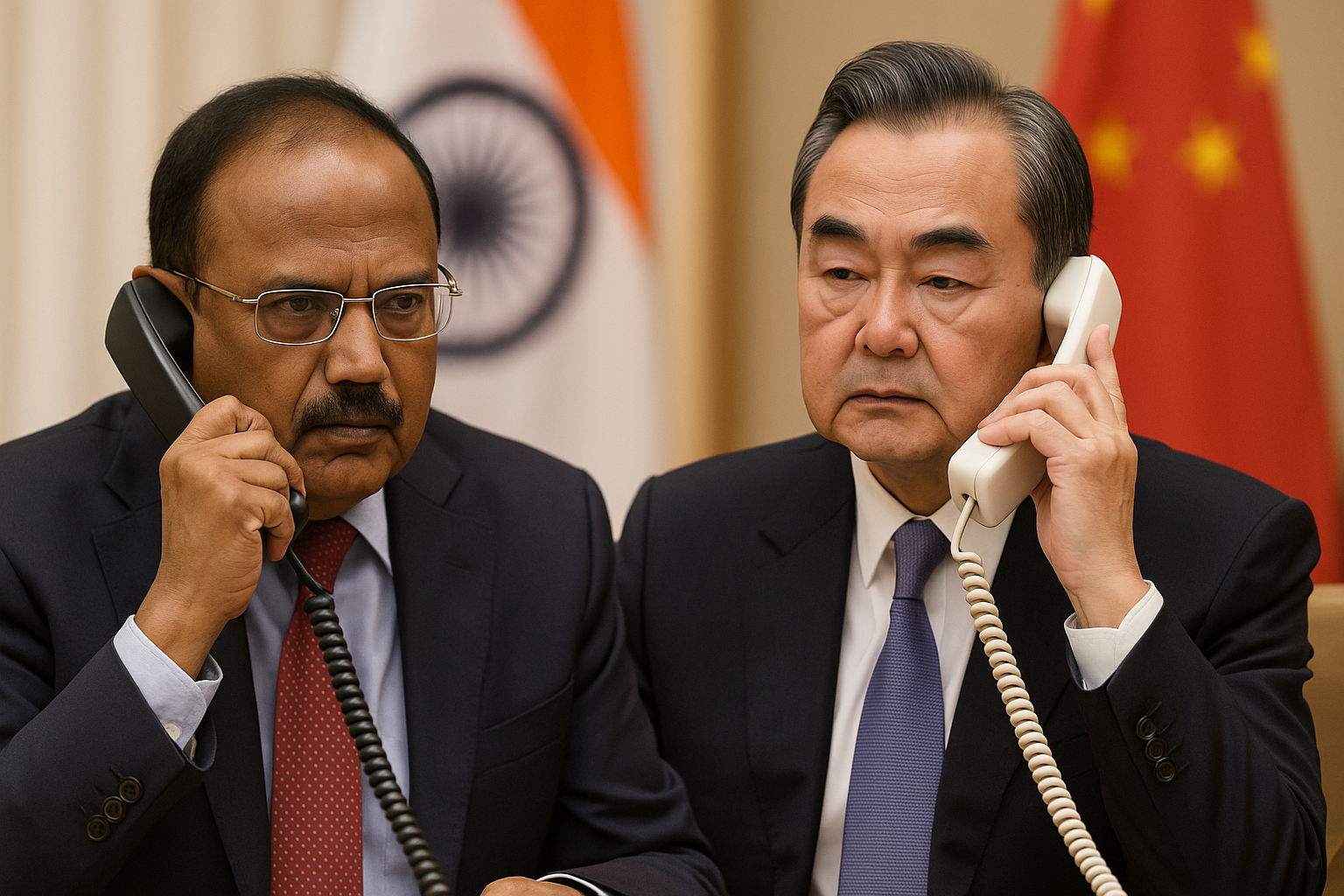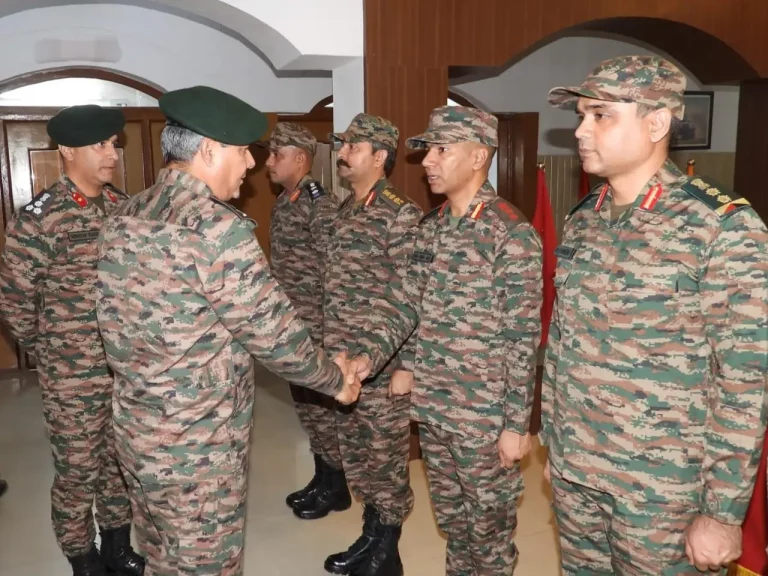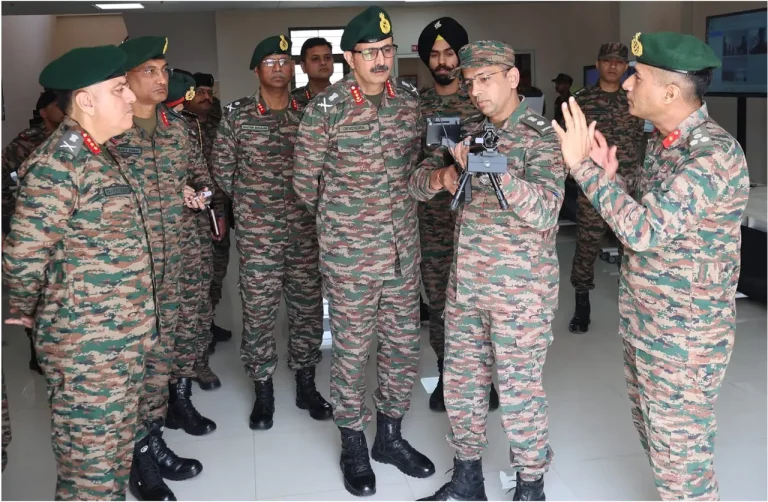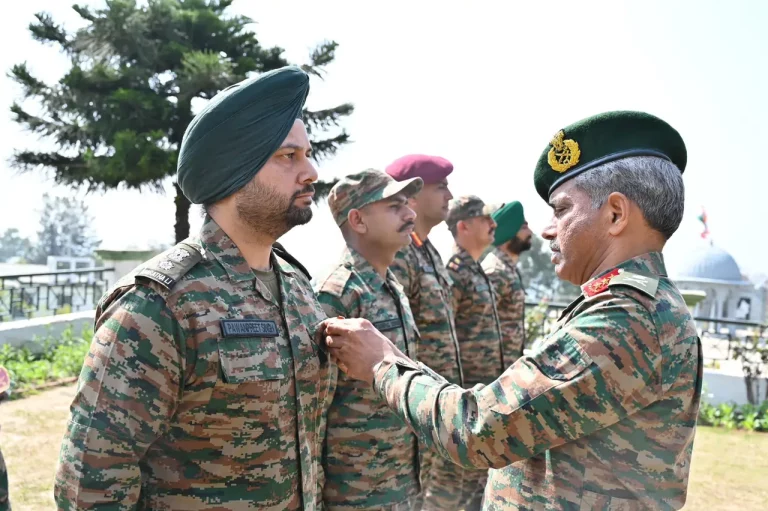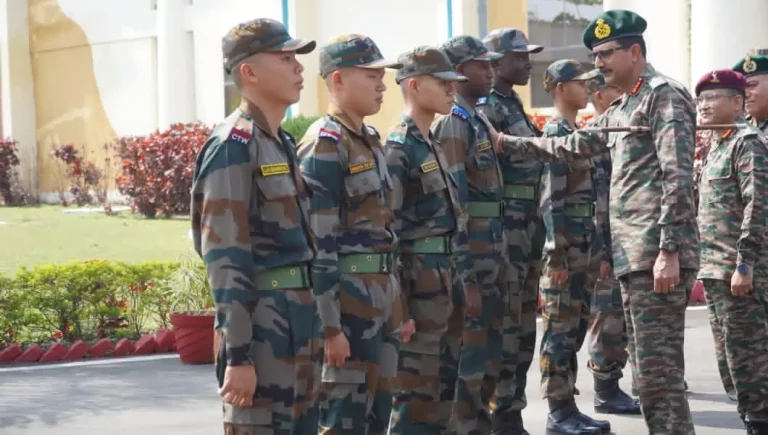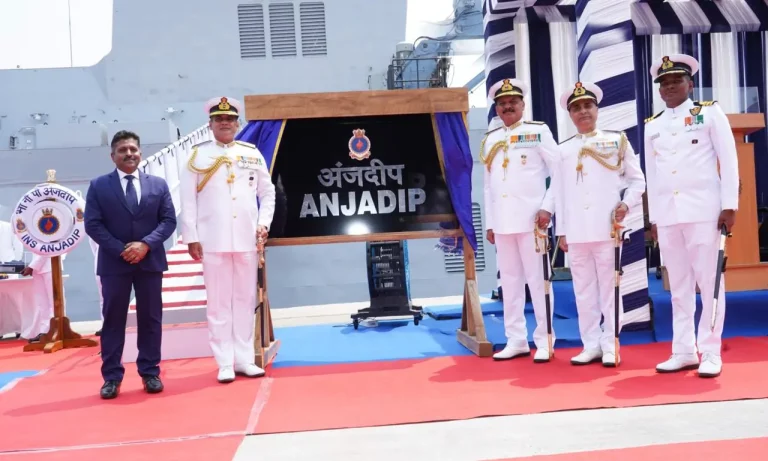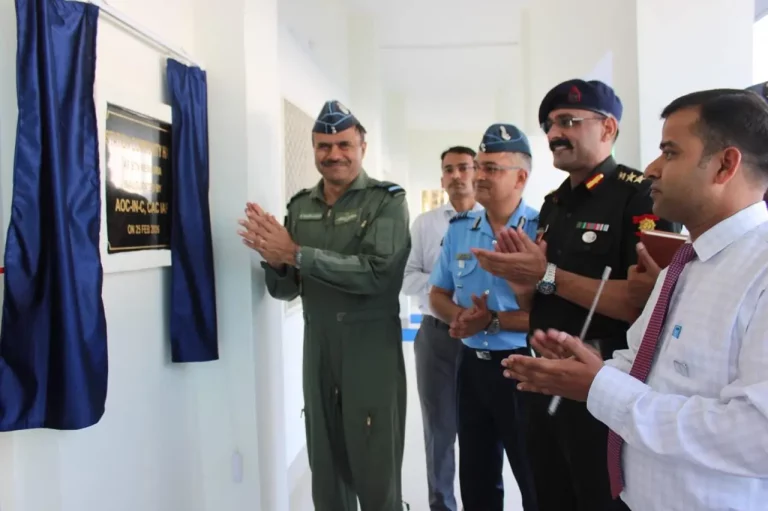In a significant diplomatic development, Indian National Security Advisor Ajit Doval engaged in a phone conversation with Chinese Foreign Minister Wang Yi to address the escalating tensions between India and Pakistan following the tragic terrorist attack in Pahalgam, Jammu and Kashmir, which resulted in the deaths of 26 civilians—predominantly Hindu tourists—on April 22, 2025.
During this critical dialogue, Doval underscored the severe implications of the Pahalgam massacre, which has profoundly impacted the nation and led India to initiate Operation Sindoor. This operation targets terrorist infrastructure across nine locations in Pakistan and Pakistan-administered Kashmir. Doval emphasized India’s inherent right to protect its citizens but reassured that the nation does not seek war, reiterating its commitment to the ceasefire agreement along the Line of Control (LoC).
“Peace serves the interests of all parties,” Doval remarked, confirming India’s readiness to conduct counter-terror operations while aiming for sustained regional stability. He added that a united international response against terrorism, particularly in South Asia, is essential.
Wang Yi, a senior figure in the Chinese government, condemned the Pahalgam attack and expressed China’s steadfast opposition to all forms of terrorism. He acknowledged the fragile peace within the region, urging both India and Pakistan to exercise restraint and settle their disagreements through dialogue.
Wang stated, “The current global landscape makes it all the more important for regional powers to maintain peace.” He affirmed China’s support for a negotiated, enduring ceasefire, aligning with the hopes of the wider international community.
This high-level discussion followed reports of Pakistan allegedly violating the renewed ceasefire. Indian Foreign Secretary Vikram Misri condemned these actions, noting that the ceasefire, re-established through Director-General of Military Operations (DGMO) level talks, had been disrupted as Pakistan retaliated following India’s Operation Sindoor, reportedly resulting in civilian casualties on both sides along the LoC.
The situation has prompted alarm among global powers, with countries such as the United Arab Emirates, Iran, the United States, and the United Nations calling for immediate de-escalation. Iran has even offered to mediate peace talks, while UN Secretary-General António Guterres issued a serious warning about the dire consequences of a potential direct conflict between the nuclear-capable nations.
Indian security agencies have linked the Pahalgam assault to known Pakistan-based terrorist leaders, identifying key planners including Hafeez Saeed of Lashkar-e-Taiba, his deputy Saifullah Kasuri, and another operative, Hashim Moosa, reportedly hiding in south Kashmir. To facilitate their capture or elimination, the Jammu and Kashmir Police have announced a reward of ₹2,000,000 for actionable intelligence.
As backchannel diplomacy intensifies, the atmosphere in the region remains tense. The conversation between India and China represents a cautious yet constructive step towards easing tensions. However, with emotions heightened and both sides enduring casualties, the path to de-escalation remains complex and challenging.
